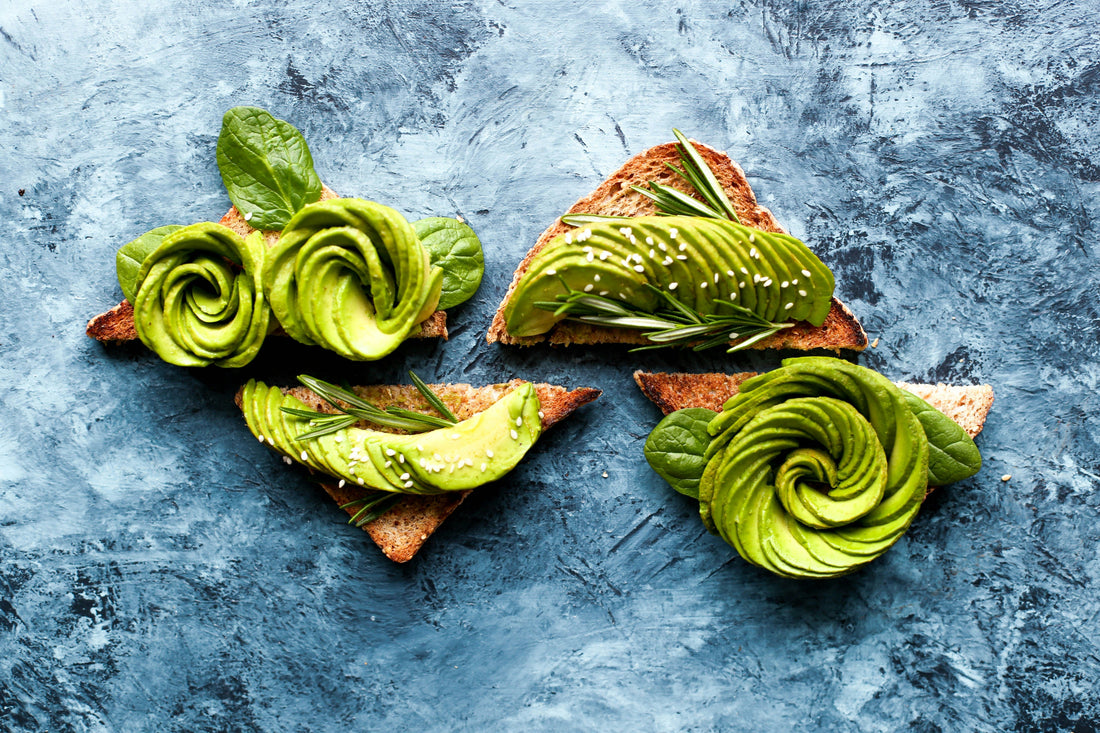For decades, creatine has been one of the most widely researched and trusted supplements for building strength and performance. But its benefits go far beyond the gym, especially for women. This blog explores how creatine works, who it helps, and why it’s more relevant than ever (especially for women!).
What Is Creatine?
Creatine is a naturally occurring compound made from amino acids. Around 95% of it is stored in your muscles, with a small but important amount in the brain. While your body makes creatine, supplementing it, especially if you’re active, can significantly enhance muscle energy and improve physical and cognitive performance. It’s one of the most studied ergogenic (performance-enhancing) supplements in the world.
What Is Creatine Good For?
Physical Benefits
- Supports muscle growth and strength over time
- Helps you lift heavier and train harder, especially in short, intense workouts
- Aids in faster recovery and reduces workout fatigue
- Boosts your body’s natural energy supply by increasing ATP (your cells’ main fuel source)
Cognitive & Brain Health Benefits
- Improve performance in tasks related to working memory (i.e. word recall), reaction time and processing speed
- Helps your brain produce and use energy more efficiently
- Can improve focus and mental clarity, especially when you’re tired or stressed
- Shows early promise for protecting brain health as you age
Who Is Creatine Useful For?
-
Athletes & Active Individuals
Whether you're lifting weights, running, doing Pilates, or simply staying active day to day, creatine can help you train harder, recover faster, and see better results. It enhances your body’s energy production during high-intensity effort, making it a valuable tool for anyone with an active lifestyle.
-
Women Across All Life Stages
Women naturally store around 70–80% less creatine than men, largely due to having less muscle mass, which limits the body’s storage capacity. On top of this, hormonal shifts, like those during the menstrual cycle, pregnancy, postpartum, and menopause, directly impact how creatine is used and processed in the body. When estrogen levels dip, such as before your period or during perimenopause, it can reduce energy availability in both the muscles and brain. If you've ever struggled through a sluggish workout before your period, postpartum mood changes, or perimenopausal brain fog. These could be beneficial times to supplement with creatine.
-
Older Adults
Creatine may help slow age-related muscle loss and support brain function and energy levels as you age.
-
Vegetarians & Vegans
Since most creatine is found in animal products, plant-based eaters often see a greater benefit from supplementation.
What Are The Different Types Of Creatine?
Creatine monohydrate
This is the most commonly used and well-researched form of creatine. It consists of a creatine molecule attached to a water molecule and is widely recognised for its ability to enhance muscle growth and physical performance in healthy adults. Creatine monohydrate is water-soluble and comes in various formats such as powders, capsules, and chewable tablets, making it easy to include in your pre-workout routine. Creatine monohydrate is thought to be the most common creatine supplement used to boost performance.
Creatine hydrochloride
This version is combined with hydrochloric acid to form a salt that is more water-soluble than creatine monohydrate. It's become popular due to claims that it may be absorbed by the body more efficiently, although increased solubility doesn’t always mean faster or better absorption. While early studies suggest similar benefits to monohydrate in terms of muscle strength and performance, more high-quality research is needed to confirm its effectiveness.
Which Type of Creatine Should You Take?
Here's how Creatine Monohydrate and Creatine Hydrochloride compare:
|
Creatine Monohydrate (CrM) |
Creatine Hydrochloride (Cr-HCl) |
|
|
Research |
Gold standard: most studied, proven safe and effective |
Early studies show promise, but not yet conclusive |
|
Effectiveness |
Consistently improves strength, power, and muscle mass |
Similarly effective in small studies, but less validated |
|
Dose |
Standard dose: 3–5 g/day |
Claimed to be effective at lower doses (~1–2 g/day), but needs more evidence |
|
Solubility |
Moderate water solubility |
~38× more soluble in water |
|
Absorption |
Well absorbed over time with repeated use |
Claimed faster absorption, but not clinically confirmed to outperform monohydrate |
|
Side Effects |
Occasional bloating or water retention in some users |
Gentler on the stomach |
|
Cost |
More affordable and widely available |
More expensive and marketed as a "premium" option |
|
Loading phase* |
Typically uses a loading phase (0.3 g/kg for 5 days, then a maintenance dose) |
Typically, does not require a loading phase due to its enhanced solubility |
*The creatine loading phase is a short-term period of roughly five to seven days, where you dramatically increase your daily creatine intake. After the first week of loading with higher doses, you’ll switch to the maintenance phase, where you’ll be taking much lower doses. With this in mind, note that Creatine HCl does not require a loading phase. Creatine monohydrate’s loading phase is generally required due to its inefficiency in being absorbed by the body.
How Much Creatine Should You Take?
For most individuals, a daily dose of 3–5 g of creatine monohydrate is seen as effective and safe. However, individual needs may vary based on body weight, muscle mass, and specific goals. It's advisable to consult with a healthcare professional before starting any new supplement routine.
Are There Any Side Effects?
Creatine is one of the most well-researched supplements on the market. While creatine is considered safe for most, some people may experience mild, temporary side effects, especially when taking high doses or not staying adequately hydrated. You may experience symptoms such as:
- Water retention
- Stomach discomfort
- Muscle cramps
Creatine isn’t for everyone, and if you’re unsure, it’s best to speak with your healthcare professional before considering supplementation.
Final thoughts
Creatine is a well-researched, versatile supplement that supports both physical and mental performance. From sharper focus on busy days to stronger lifts in the gym, its benefits extend well beyond muscle gains. And for women, in particular, creatine offers unique support across life stages, from hormone shifts to healthy aging. Whether you're navigating high-stress periods, low energy, or looking to optimise your workouts, this small but mighty molecule might be worth a spot in your routine.
References
- https://www.nature.com/articles/s41598-024-54249-9
- https://pmc.ncbi.nlm.nih.gov/articles/PMC7910963/
- https://pmc.ncbi.nlm.nih.gov/articles/PMC11547435/
- https://pmc.ncbi.nlm.nih.gov/articles/PMC7998865/
- https://pubmed.ncbi.nlm.nih.gov/39545789/
- https://pmc.ncbi.nlm.nih.gov/articles/PMC11629957/
- https://pubmed.ncbi.nlm.nih.gov/33800439/







